Are you ready to switch to a zero-waste lifestyle but don’t know how? Your kitchen may be the perfect place to start. In this blog post, I will share some of my favourite zero-waste kitchen tips!
Imagine 15 grocery bags full of plastic waste heaped upon every yard of coastline on the planet. According to a Nat Geo Report, this is the amount of land-based plastic trash that ends up in the ocean every year. The statistics are truly alarming!
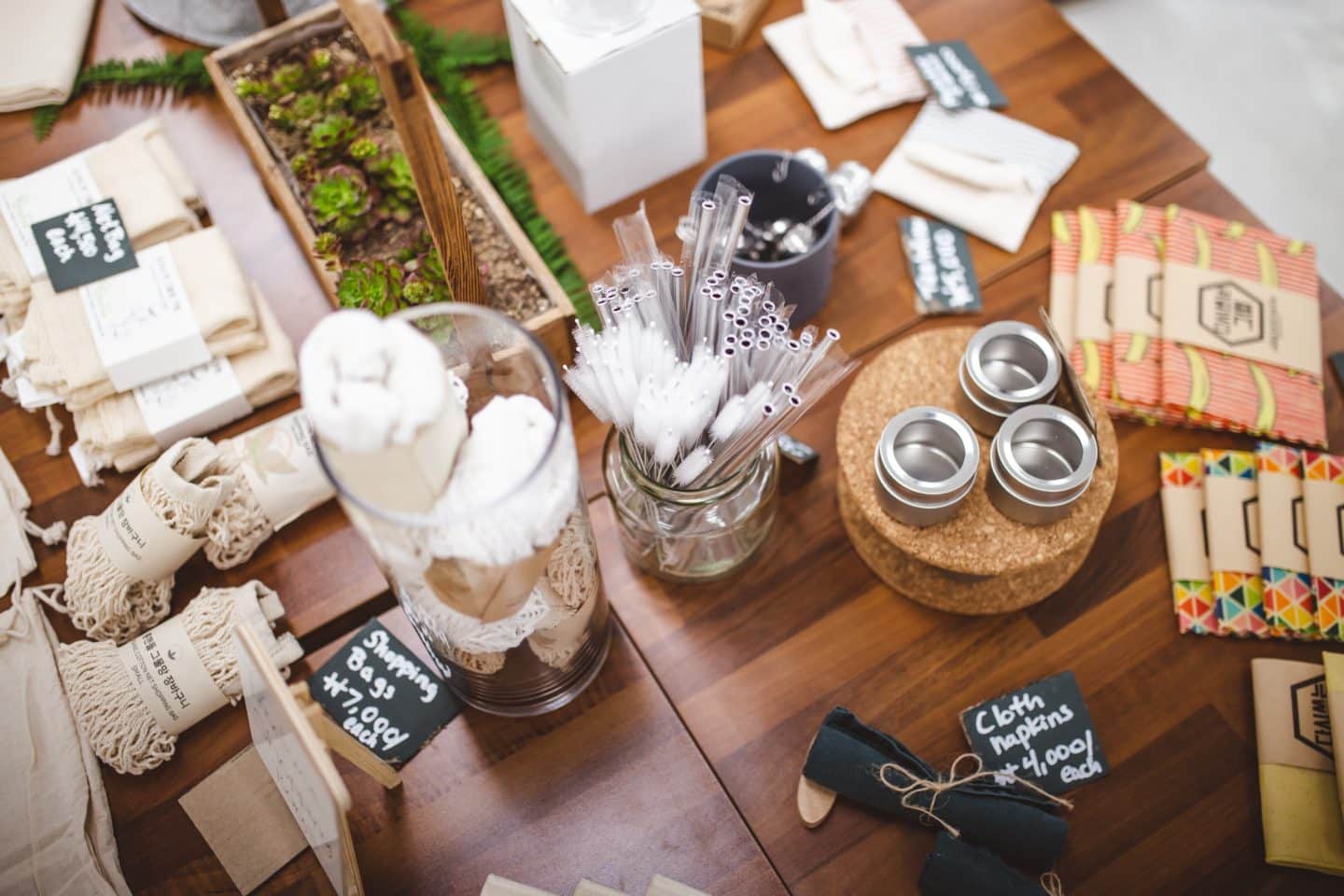
As pollution and human activity continue to wreak havoc on our environment, more and more people choose to live a zero-waste lifestyle. Moreover, if you are someone whose heart breaks every time you see waste littering your city, a zero-waste lifestyle might be just the thing for you.
When it comes to protecting our environment, no contribution is too small. A sustainable lifestyle means minimizing waste from your everyday activities as much as possible. In fact, there are people today that manage to produce only a single jar of waste each year. Importantly, by taking a few essential steps, you can manage to do the same.
This post will serve as a guide for those who want to live a zero-waste lifestyle. Firstly, it will outline why it is essential to live more sustainably. Secondly, this post will list essential steps you can take to live a zero-waste lifestyle. So, let’s get right into it!
Why Live a Zero-Waste Lifestyle?
It should go without saying that modern consumer habits are severely affecting the environment in which we live. Further, a zero-waste lifestyle entails being more mindful of what you consume and how you do so. Simply put, if you can commit to reducing, reusing, and recycling, this is the first step to a zero-waste lifestyle!
However, why is a more sustainable lifestyle so important? Today, humans live not only a highly consumer-based lifestyle but also a disposable one. In other words, we do not put much thought into where our waste goes. The truth is, most of our waste ends up in landfills, causing severe land pollution. Furthermore, landfills can become toxic environments and pose many risks to animals in nearby ecosystems.
Even worse, much of the plastic waste we dispose of ends up in the oceans. Once here, it puts marine life and ecosystems under severe pressure. What’s more, many marine animals end up consuming microplastics, which then enter the food chain. In fact, studies have shown that these microplastics are now also present in humans due to our love of eating fish.
Finally, many people believe that recycling is the perfect solution to our pollution problem. However, studies have shown that recycling is not nearly enough. Unfortunately, a zero-waste lifestyle is needed to fight back against the massive consumer lifestyle that is the status quo today.
Luckily, a rising number of people are embracing the zero-waste lifestyle, which may result in an annual trash output as minimal as an eight-ounce mason jar. This is good news for the planet and its residents. Moreover, zero-waste living can help save money and time while also enriching lives.
13 Ways to Live a Zero-Waste Lifestyle
With exemplary commitment, there’s a lot we can do to reduce the amount of waste and live a sustainable lifestyle. But let’s be real – switching to a zero-waste lifestyle can be tricky. For most people, it is a gradual transition that requires perseverance and determination. If you are ready to adopt a completely zero-waste lifestyle, the kitchen may be an ideal place to start. Below is a list to get you started on your zero waste lifestyle that is actually doable!
1. Consume Less
A lot of waste can be avoided simply by consuming less. Notably, a good rule of thumb is: don’t buy it if you don’t need it. In other words, the less you consume, the less you will waste. That’s where meal planning comes in really handy. You plan your week, make your shopping list and then you only buy what you need! You can start with this plan.
2. Eliminate Single-Use Plastics
Single-use plastics have proven to be a ruthless killer of our environment. Unfortunately, they clog up watercourses and end up in the stomachs of marine animals. Today, plastic cups, bags, straws, utensils, and water bottles cause the most pollution. Simply put, a zero-waste lifestyle is impossible without eliminating single-use plastics. There are so many beautiful glass and bamboo products now available that using plastic is not fashionable anymore 😉.
3. Choose Reusable Products for zero-waste lifestyle
If you can opt for reusable items, you should. Generally, items that are unrecyclable end up in landfills, which mainly contain plastic bags. Since these items put such a massive strain on our environment, choosing reusable can go a long way. One easy way you can do it…… invest in a reusable coffee mug that you can always take with you.
4. Buy Products in Bulk
Small, everyday items tend to accumulate the most waste of all household products. Today, many stores sell food items in bulk rather than in individual packaging. Importantly, not only does this save the environment, it saves money. Take a trip to your local market and try to find products there. I have to say where I live is not easy to find a market with fresh produce. When I go to do my shopping I do make conscious decisions to buy unpackaged food. Believe me, I know the struggle!
Food products like rice, beans, cereals, nuts, spices, and dried fruits can be bought in bulk. Lastly, not only will this help the environment, but it will enable you to live a zero-waste lifestyle. I have two favourite shops that I buy from my items in bulk: The Source Bulk here in Ireland and Koro based in Germany.
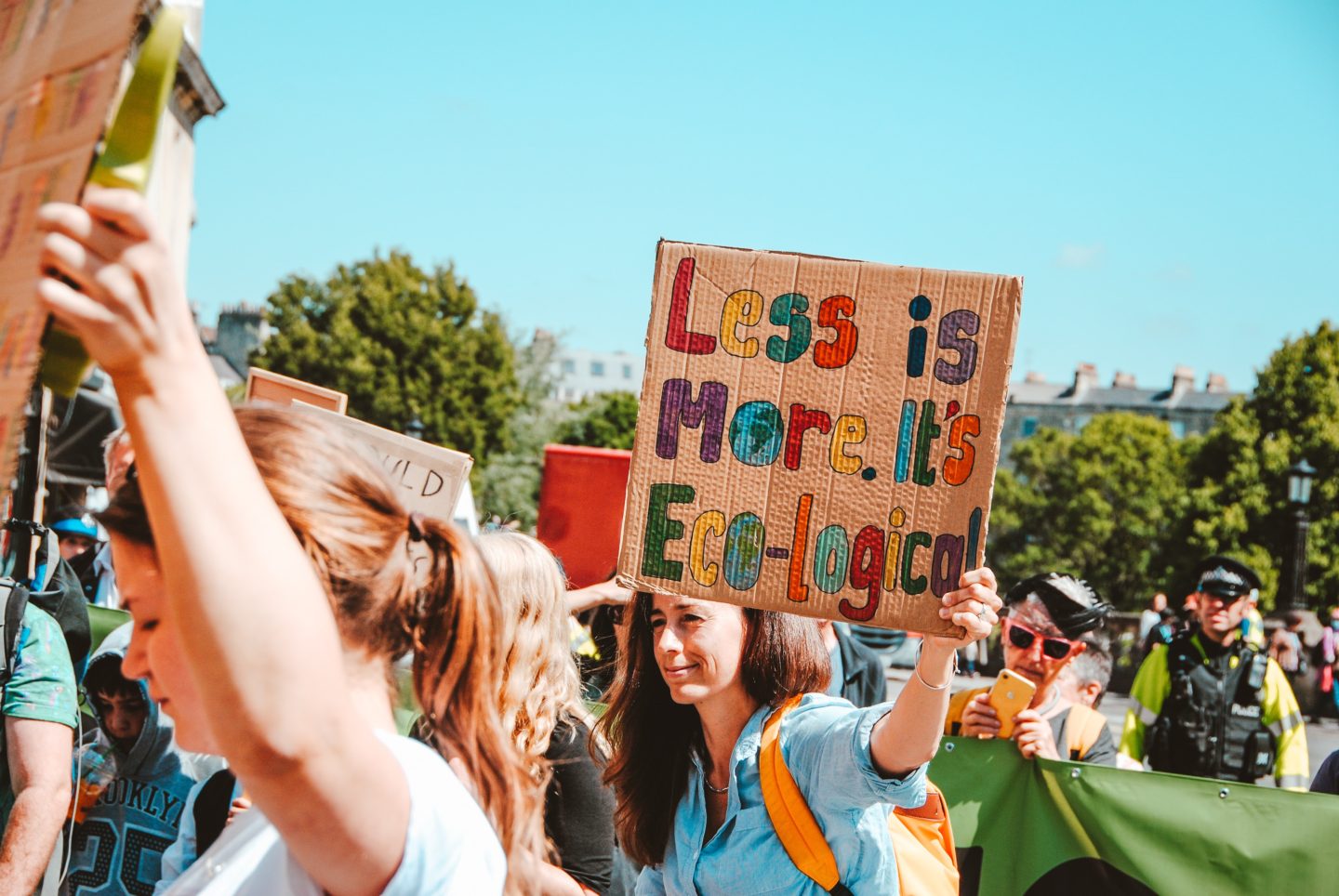
5.Mind the packaging
Sparing just a few seconds to examine the packaging can make a big difference to your cause of zero-waste living. Food products packaged in paper, aluminium, or glass are preferable to those packaged in plastic. If you can’t buy in bulk, choose meals that are packaged in materials like paper, metal, or glass. Unlike plastic, the paper may be composted, while aluminium and glass can be recycled indefinitely. If you must buy canned food, look for BPA-free cans.
6. Choose Vegan Staples
Sustainability is not only about “how” you buy but also about “what” you buy. Animal husbandry is one of the primary causes of climate change, so choose vegan, or at the very least vegetarian, foods to help the environment. Moreover, adopting a plant-based diet comes with several health benefits. Therefore, choosing vegan staples is a win-win situation for all!
7. Compost, Compost, Compost
A majority of the waste produced by the average household is in the form of food scraps. Unfortunately, most of this waste ends up in landfills, where it makes the environment toxic. Instead of throwing food scraps away, start composting at home to reduce waste. Also, eliminate non-compostable items from your everyday use and only order food from places that use compostable packaging.
If you are planning on growing your veggie garden this step could take you even further! Compost is so good for your garden!
8. Use Reusable Bags for Groceries towards zero-waste lifestyle
Plastic bags make up an enormous portion of the entire world’s waste. Unfortunately, most of these bags end up polluting landfills, watercourses, and marine ecosystems. Moreover, since plastic is not biodegradable, it tends to remain in the land and water for decades after use.
You can live a more sustainable lifestyle by switching plastic bags to reusable cloth bags. Importantly, by using these bags for groceries, you will be able to reduce your household’s plastic waste significantly.
9. Ditch Paper Towels
Although paper towels are very convenient for cleaning messes, they contribute to environmental pollution and waste. Instead, make use of sponges and wet cloths to clean up spills. Doing so will significantly reduce your household’s waste. Moreover, you will contribute to the diversion of over 571 million pounds of waste per year.
10. Donate Used and Unused Items
If you have second-hand or even unused items in your home, do not throw them away. Instead, try donating these items to people who might need them more than you. In doing so, you will be one step closer to living a zero-waste lifestyle.
11. Go Digital
Today, paper is still being used for many services, including bills and bank statements. By opting to go digital, you will eliminate most of the paper-based waste from your household.
12. Buy More Zero Waste Products
An essential part of a more sustainable lifestyle is to buy completely natural products and zero-waste. Importantly, this can be as simple as replacing aerosol cans with natural potpourris. In doing so, you will be a huge step closer to a zero-waste lifestyle. Luckily there are plenty of products available now on the market!
13. Take a look at returnable containers
Instead of disposables, you may try returnable containers. They come in various sizes from sleeve packs to cardboard boxes, to bulk boxes for large items.
14. Replace facial wipes with a facecloth
Yet another paper product that ends up in landfills. Go old fashioned by using a facecloth which you can wash anytime, dry, and reuse. It is actually pretty pleasant to put a warm cloth on your face :).
15. Learn how to preserve food
This is one of the most satisfying skills you can gain. NOT only reduces food waste but pickles are soooo delicious. A recipe for my favourite pickled cucumbers is on my blog! Give them a try!
16. Find uses for scraps!
Food scraps make up a significant portion of national landfill garbage. According to the 2015 EPA Municipal Solid Garbage Study, food makes up around 16.5% of ALL waste in landfills. So much trash for something that is easily compostable and can be put to far better use than producing methane! Here are some quick ideas:
– Regrow onions, leeks, spring onions, and bulbs by placing the scrap ends in a shallow water tray or replanting the scrap ends in the garden.
– Use vegetable scraps to whip up vegetable stock. I freeze mine and when I gather a good bit I simply make a stock!
– Save old fruit and orange peels to produce your own citrus-scented cleaning solution by soaking them in vinegar or drying them to make potpourri.
The options are limitless!
17. Opt for Eco-Friendly Cooking Utensils
Many cookware pieces are manufactured inexpensively with possibly harmful non-stick coatings that peel off after repeated use. To avoid this, invest in long-lasting pots and pans made of stainless steel or cast iron, which is my personal favourite. Choose cooking utensils made entirely of wood or bamboo for stirring, mixing, and flipping. These are not only more durable than plastic utensils, but they are also a more environmentally friendly option.
When it comes to baking, glass casserole dishes are standard. Pyrex glass plates are unbeatable in terms of quality and will last a lifetime. Finally, don’t forget to invest in a reusable silicone baking mat to limit oil and single-use parchment paper.
18. Shop at the local farmers market
Healthy, yummy, and nutritious – fruits and veggies comprise an essential part of our daily diet. Buying loose produce without plastic packaging isn’t the only sustainability concern. Instead, buying in season and from your local farmers can also help the environment and local communities. Moreover, fruits and vegetables purchased at a farmer’s market are generally fresher, less expensive, and healthier than produce purchased at a typical grocery store. Saying that I find that here in Ireland there is a huge need for those markets as they are not that easily available here. I actually like to drive once a month to Wexford Farm Shop and stock on some longer shelf life veggies.
Best Zero-Waste Meal Prep Ideas
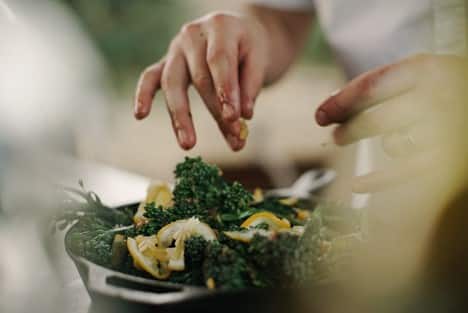
Zero-waste meal prep can be a lot of fun. This is your chance to get creative and come up with possibilities to reuse and recycle around the kitchen. Here are some amazing zero-waste kitchen tips and zero-waste meal prep ideas.
Easy zero-waste lifestyle by Using Stems and Stalks
Think of ways to use stems and stalks instead of discarding or composting. For example, you can use broccoli stems to make soups, stews, or a side dish. However, make sure you peel them if you plan on eating them raw because the outside of the stalk can be harsh and fibrous.
Turnip greens, radish greens, and carrot tops are also good options. Don’t discard these nutrient-dense greens in the trash or compost! Instead, include them in your cookery. You may not want to eat them raw since they are bitter, but they are delicious when cooked or combined with acid, salt, and a dash of sweetness in a pesto recipe
Zest Lemon & Limes
Citrus zest is high in Vitamin C and flavonoids, both of which have antioxidant properties. Zest your lemons and limes and freeze or dehydrate the zest for a delicious condiment.
Make Broth Using Scraps
Like I said before keep veggie scraps in a large freezer bag or container for broth. Use onion ends, mushroom stems, carrot tops, celery ends, vegetable peelings, and other leftover herbs or veggies! Simply pour some water into a pot and add the leftover vegetables to it and your salt a pepper; slow cook to make broth. Believe me, it si delicious!
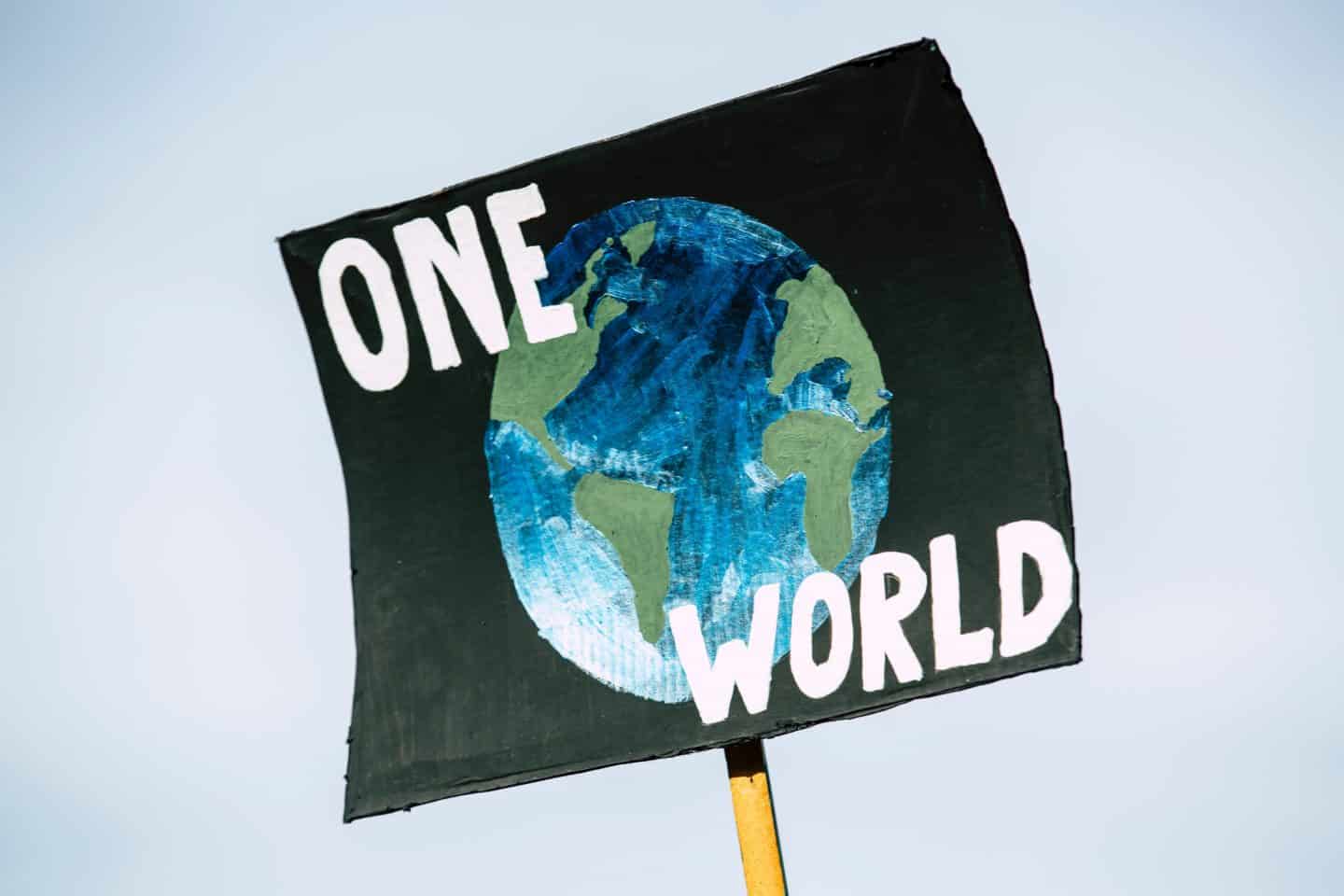
Conclusion to zero-waste Lifestyle
LET’S GO ZERO WASTE TOGETHER!
Going zero waste may not be the easiest thing to do. However, if you take it one step at a time and remain committed, there’s no reason why you shouldn’t be able to live a zero-waste lifestyle in a few years. Remember, we all must contribute to consuming less and disposing of less, for the fate of our environment rests on it.
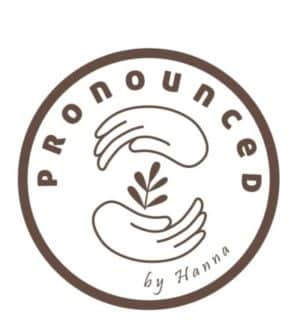
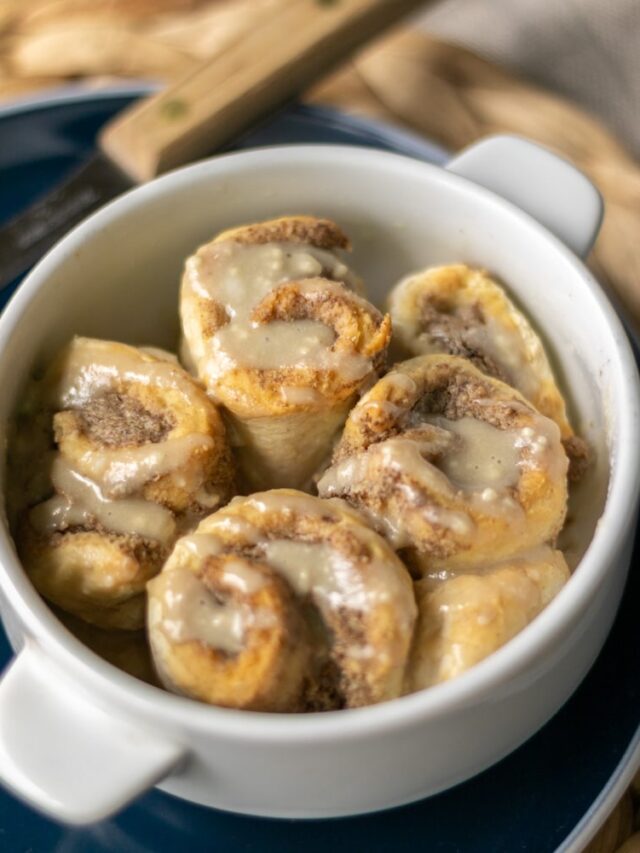

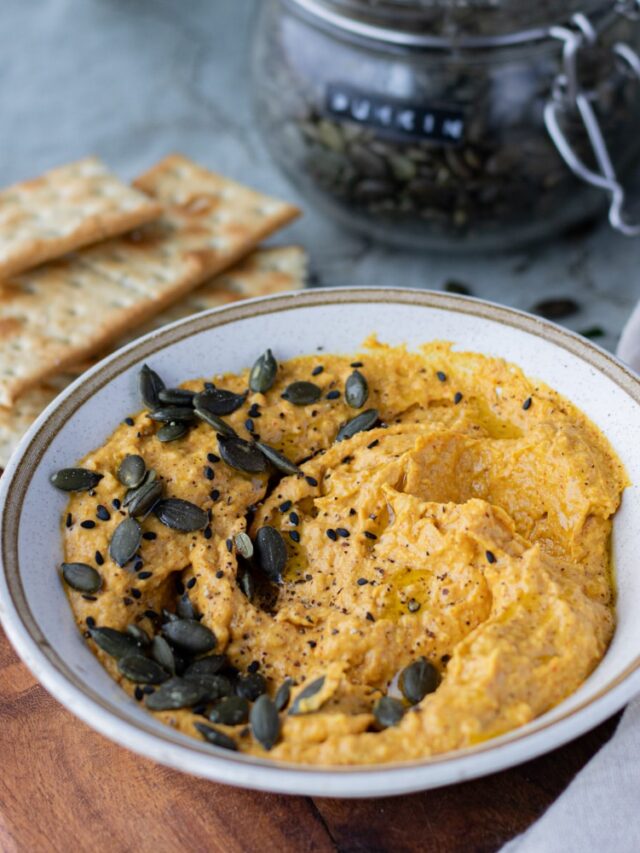
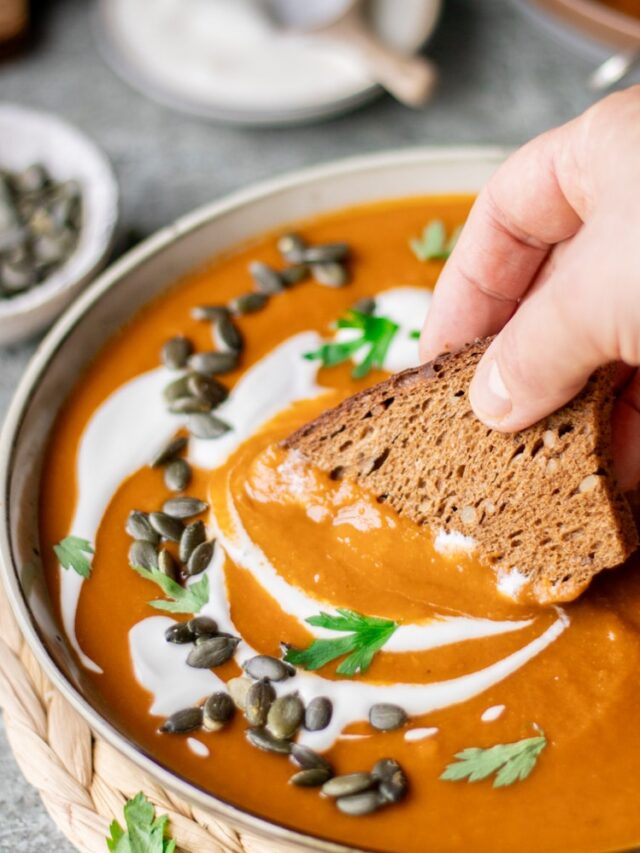
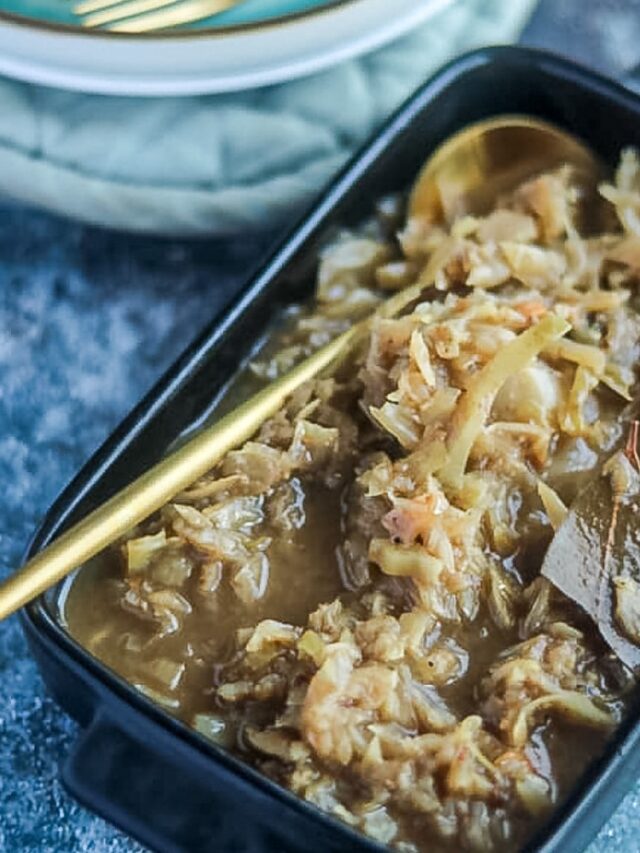
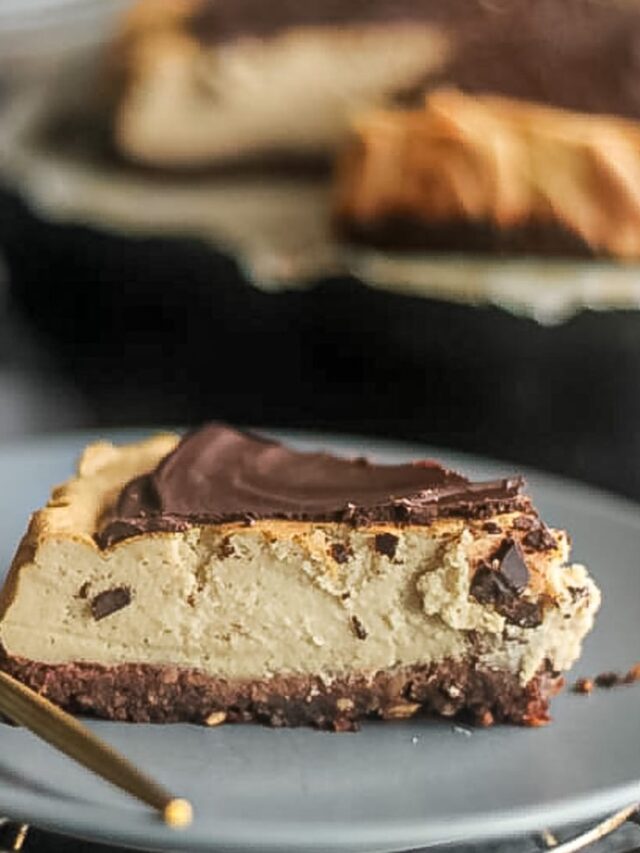
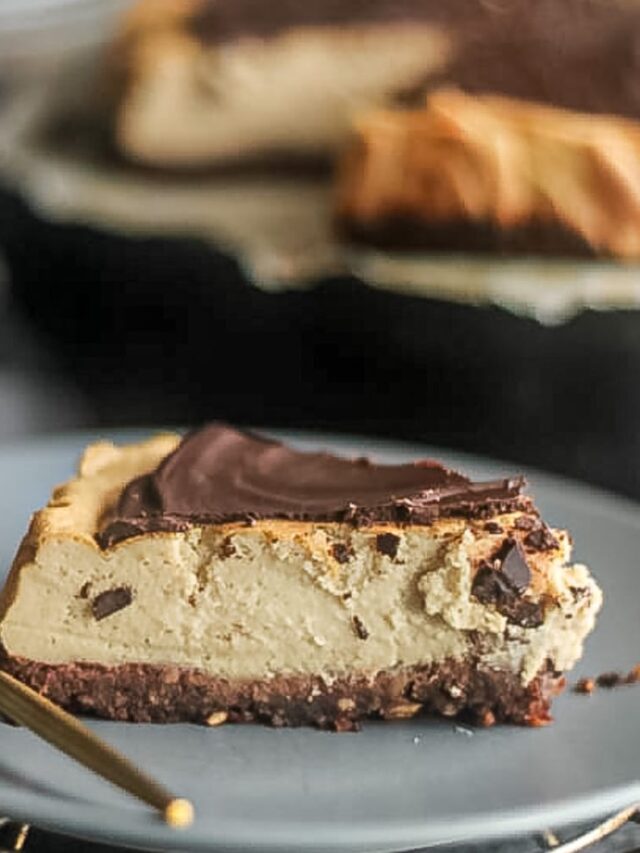
Loved your blog! Found it very informative and cool hahahha! Keep doing it !
Author
thank you x
Great blog
These are awesome suggestions. I really want to work on wasting less.
Author
thank you 🙂
Great post, the planet is so important and we should start taking care of it today. Thank you for the ideas 🙂
Author
Thank you 🙂
I love this post, great timing at the start of the year as we all rethink the way we do things around now. Lots of small changes do add up!
Author
Yes it is my goal for new Year to reduce even more food waste 🙂